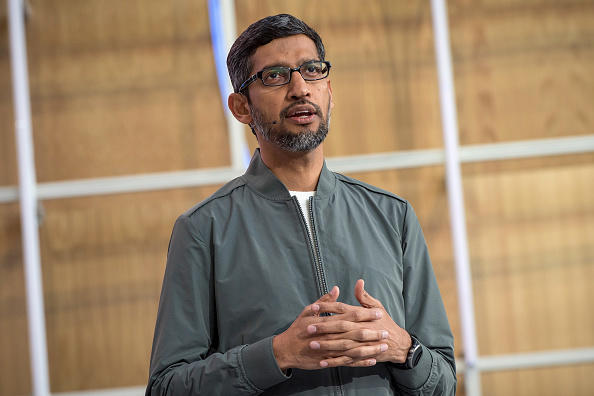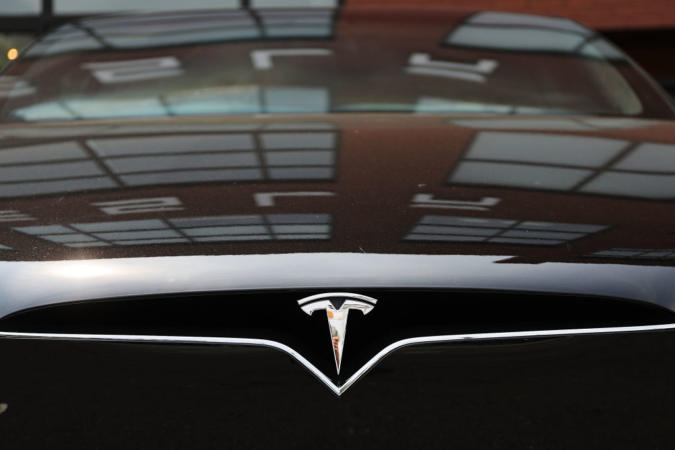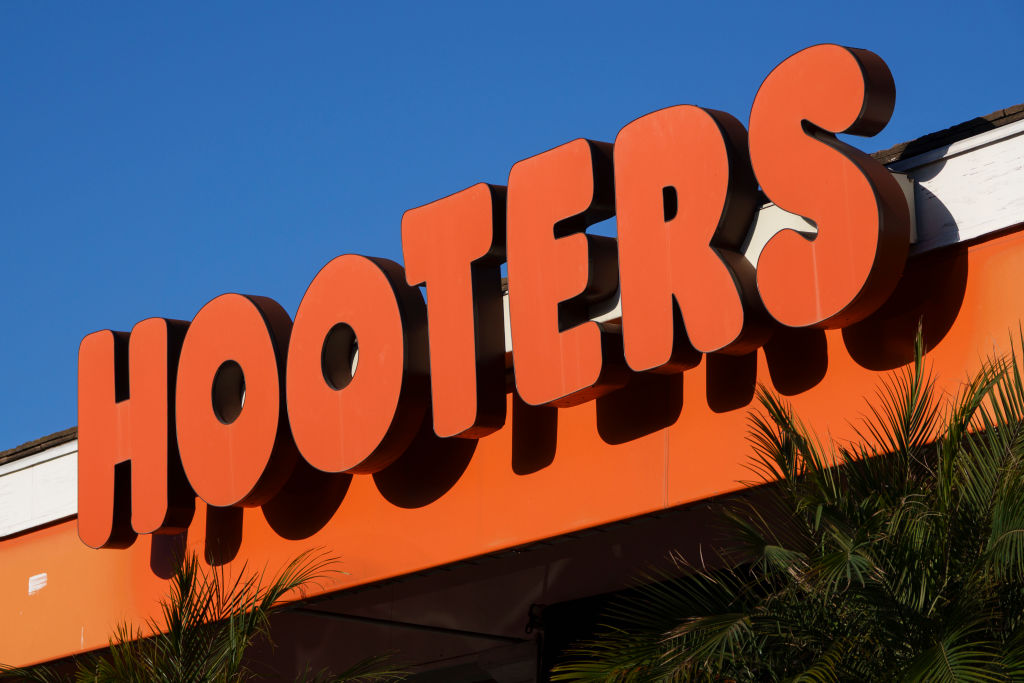In San Francisco, homelessness is a highly visible issue. The city’s initial estimates from its 2019 point-in-time count suggest that there’s been an increase of 15-20 percent over the 2017 count. Many within the city feel that tech companies who made Silicon Valley their home need to take responsibility for contributing to the issue.
On Tuesday, Google’s CEO Sundar Pichai announced that the company will invest $1 billion in housing across the Bay Area. Pichai shared that over the next ten years, Google will repurpose at least $750 million of its existing office space, adding:
“This will enable us to support the development of at least 15,000 new homes at all income levels in the Bay Area, including housing options for middle and low-income families. We hope this plays a role in addressing the chronic shortage of affordable housing options for long-time middle and low income residents.”
In addition, Google will put $250 million toward “incentives” for other developers to build 5,000 affordable housing units. Lastly, the company plans to give $50 million in grants under Google.org to nonprofits helping the homeless find shelter.
On the surface, Google’s proposal sounds extremely generous. However, Pichai’s blog post is missing a lot of key details. There are no outlines as to how Google will ensure its housing remains “affordable” — or how the company is even defining that word.
Generally, it’s recommended that people spend no more than 30 percent of their monthly income on rent. The minimum wage in California is $12 per hour. Without accounting for taxes taken out of checks, someone working 40 hours a week should max their rent at $576 per month.
Google’s plan is a 10-year commitment, so wages and the cost of living can change drastically in that time. Meanwhile, the homeless population in San Francisco continues to grow.
Solving homelessness itself is easy: give people housing. However, in a country where a basic human right like shelter has been turned into an avenue for profit, that’s unlikely to happen anytime soon.
















